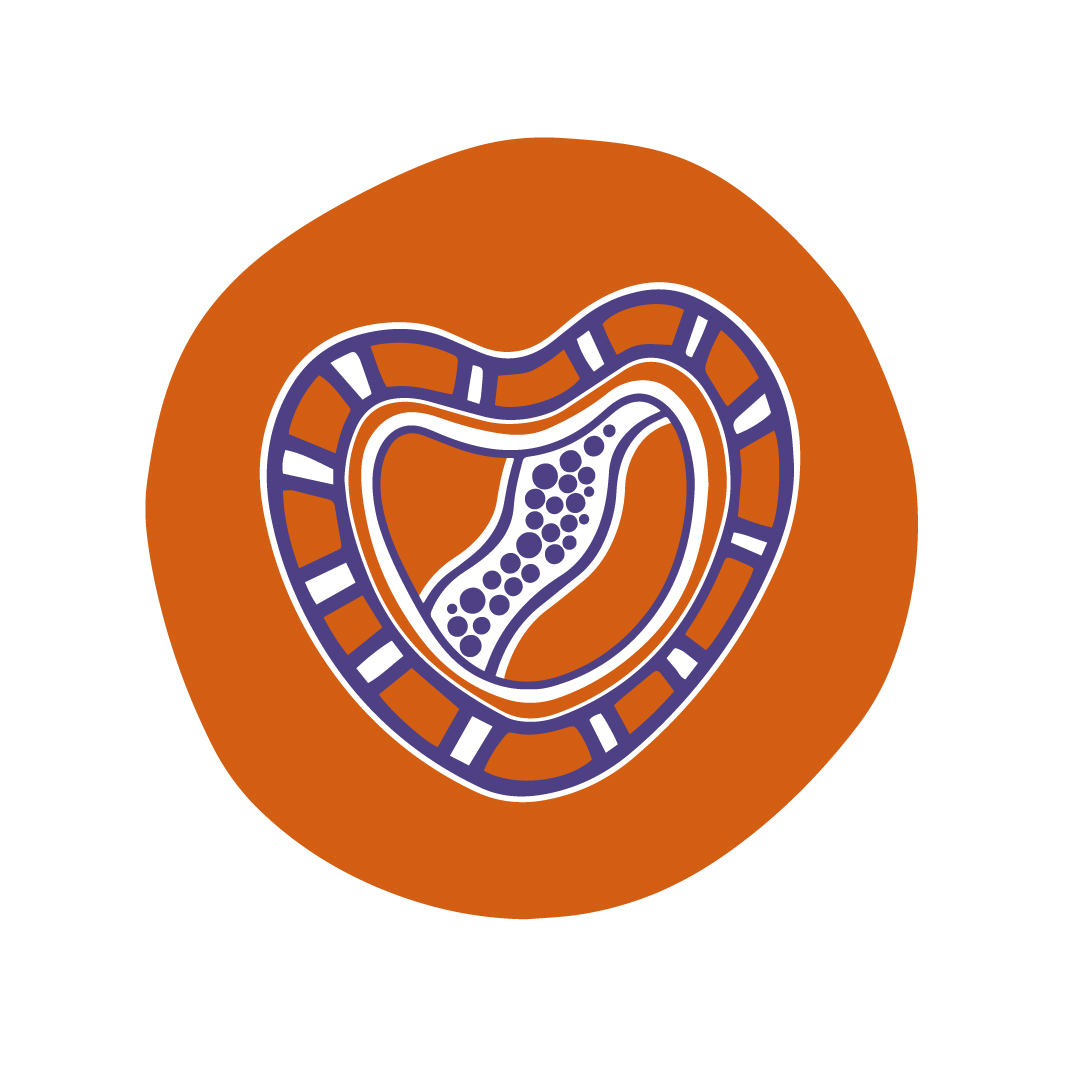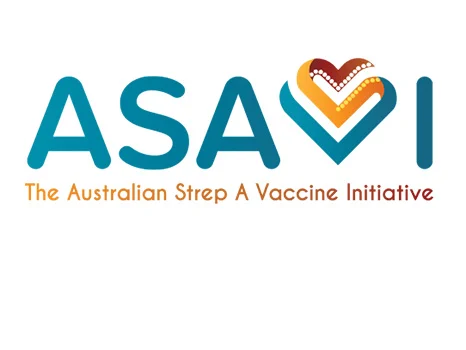Reports and Findings
Research
Improving the well-being for young people living with rheumatic heart disease: A peer support pilot program through Danila Dilba Health ServiceAboriginal and Torres Strait Islander peoples in Australia have an inequitable burden of acute rheumatic fever (ARF) and rheumatic heart disease (RHD), concentrated among young people and necessitating ongoing medical care during adolescence. There is an unmet need for improved well-being and support for these young people to complement current biomedical management.

Research
The END RHD CRE: Developing an end game for rheumatic heart disease in AustraliaThe END RHD CRE will undertake a number of projects across several disciplines of research including epidemiology, biomedical sciences; implementation and translation; and understanding the RHD community with a special focus on documenting the experiences of those living with the disease.

Research
Australian Strep A Vaccine Initiative (ASAVI)The Australian Strep A Vaccine Initiative (ASAVI) is an Australian-led global initiative with the goal of reducing the disease burden caused by Group A Streptococcus (Strep A) infection through effective vaccination.
Research
Protocol for the systematic review of the epidemiology of superficial Streptococcal A infections (skin and throat) in AustraliaWe have produced a protocol for the comprehensive systematic review of the current literature around superficial group A Streptococcal infections in Australia.
Research
Co-Designing Health Service Evaluation Tools That Foreground First Nation Worldviews for Better Mental Health and Wellbeing OutcomesIt is critical that health service evaluation frameworks include Aboriginal people and their cultural worldviews from design to implementation. During a large participatory action research study, Elders, service leaders and Aboriginal and non-Aboriginal researchers co-designed evaluation tools to test the efficacy of a previously co-designed engagement framework. Through a series of co-design workshops, tools were built using innovative collaborative processes that foregrounded Aboriginal worldviews.
Research
Prospective surveillance for invasive Staphylococcus aureus and group A Streptococcus infections in a setting with high community burden of scabies and impetigoInvasive Staphylococcus aureus (iSA) and group A Streptococcus (iGAS) impose significant health burdens globally. Both bacteria commonly cause skin and soft tissue infections (SSTIs), which can result in invasive disease. Understanding of the incidence of iSA and iGAS remains limited in settings with a high SSTI burden.
Research
Prospective surveillance of primary healthcare presentations for scabies and bacterial skin infections in Fiji, 2018-2019Scabies, impetigo, and other skin and soft tissue infections (SSTIs) are highly prevalent in many tropical, low-middle income settings, but information regarding their burden of disease is scarce. We conducted surveillance of presentations of scabies and SSTIs, including impetigo, abscesses, cellulitis, and se≈vere SSTI, to primary health facilities in Fiji.
Research
Cellulitis in children: A retrospective single centre study from AustraliaTo characterise the epidemiology, clinical features and treatment of paediatric cellulitis. Methods A retrospective study of children presenting to a paediatric tertiary hospital in Western Australia, Australia in 2018.
Research
Global epidemiology of valvular heart diseaseValvular heart disease is a major contributor to loss of physical function, quality of life and longevity. The epidemiology of VHD varies substantially around the world, with a predominance of functional and degenerative disease in high-income countries, and a predominance of rheumatic heart disease in low-income and middle-income countries. Reflecting this distribution, rheumatic heart disease remains by far the most common manifestation of VHD worldwide and affects approximately 41 million people.
Research
High risk of early sub-therapeutic penicillin concentrations after intramuscular benzathine penicillin G injections in Ethiopian children and adults with rheumatic heart diseaseIntramuscular benzathine penicillin G (BPG) injections are a cornerstone of secondary prophylaxis to prevent acute rheumatic fever (ARF) and rheumatic heart disease (RHD). Uncertainties regarding inter-ethnic and preparation variability, and target exposure profiles of BPG injection are key knowledge gaps for RHD control.
